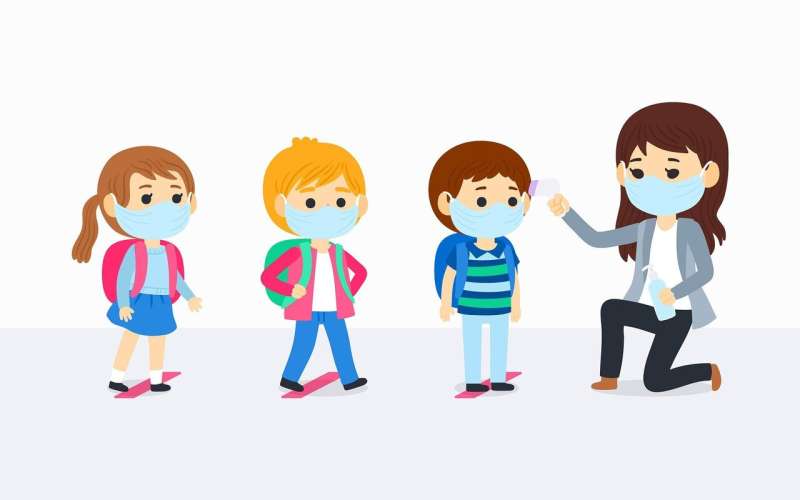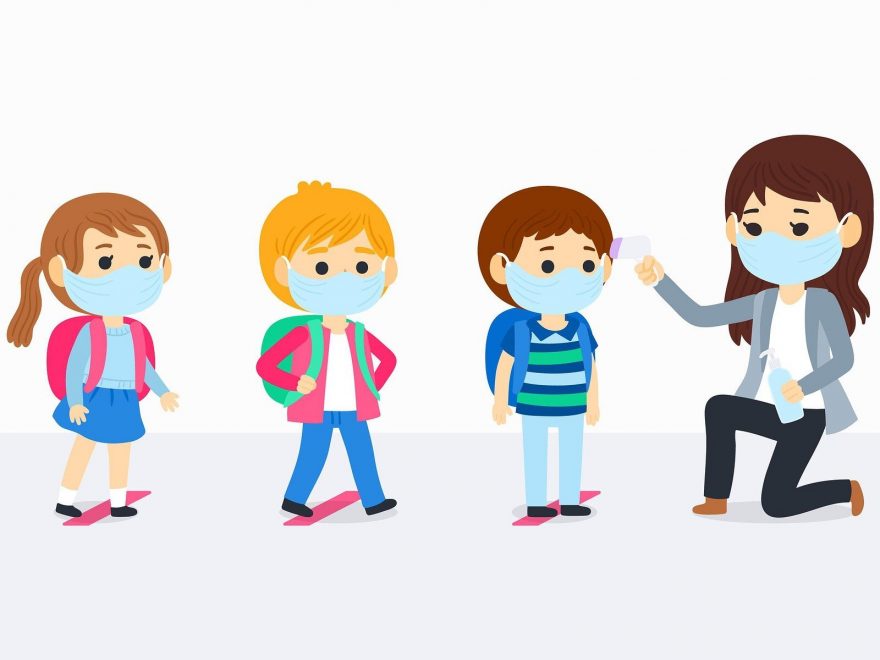
A National Jewish Health led study finds that children who develop shortness of breath after COVID-19 infection have evidence of peripheral airway obstruction. These children can experience persistent fatigue, shortness of breath, chest pain or cough after recovering from their acute infection symptoms.
These symptoms, also known as “long COVID,” can last for months and significantly affect the quality of life by impacting cognitive function and stamina in school, while also limiting participation in sports and everyday activities. The study was published today in the Journal of Allergy and Clinical Immunology in Practice.
“Many young patients who continue to experience respiratory symptoms months after having been diagnosed with COVID are told it’s all in their head, because spirometry and other diagnostics fail to show any abnormalities,” said Nathan Rabinovitch, MD, MPH, lead author of the study and director of the pediatric care unit at National Jewish Health as well as Professor in the Division of Pediatric Allergy and Clinical Immunology.
Peripheral airway obstruction means that small airways less than 2 mm in diameter are narrower than expected. This could be due to inflammation in the airways or constriction of the airway muscles in that area. Using sophisticated testing, physicians at National Jewish Health identified subtle changes in the small airways that likely caused respiratory symptoms.
One patient referenced in the study had no previous history of asthma and exhibited normal spirometry test results. However, he demonstrated abnormal lung hyperinflation and peripheral airway obstruction that reversed with albuterol. Over the next few months, his symptoms and airway obstruction improved with daily use of an inhaled corticosteroid, bronchodilator medication and a focused physical therapy regimen.
Source: Read Full Article
